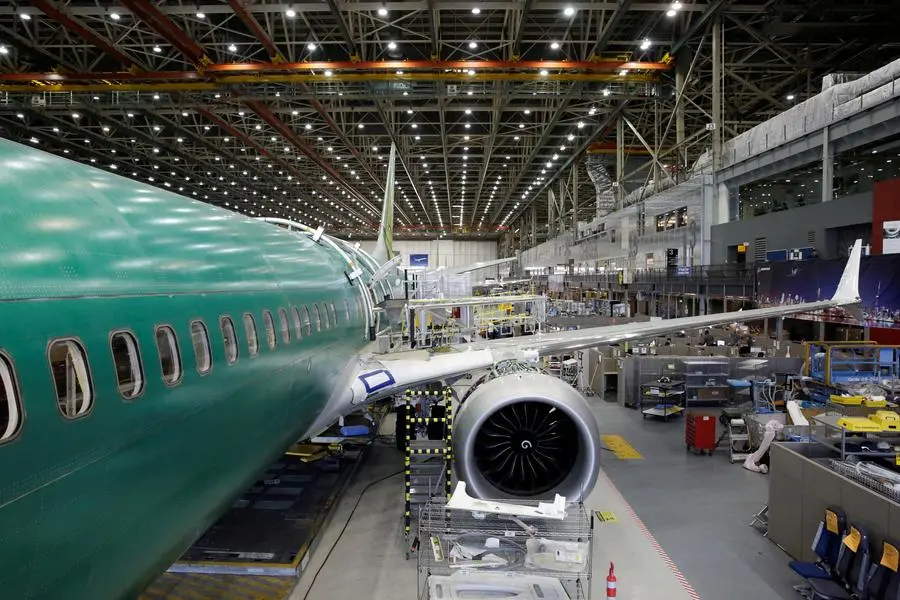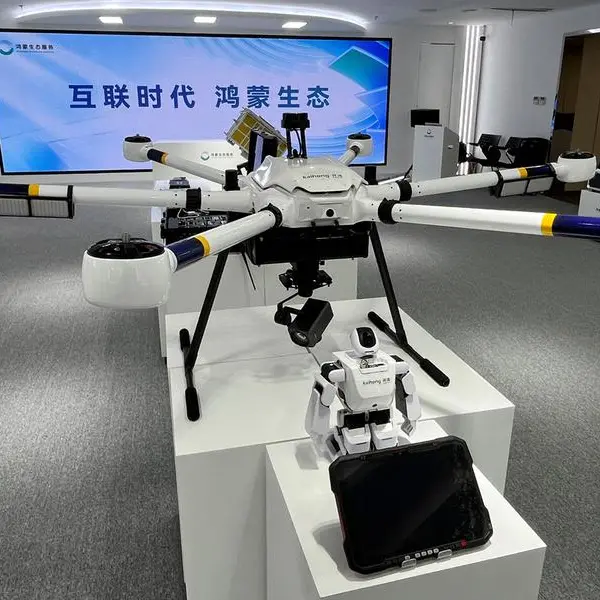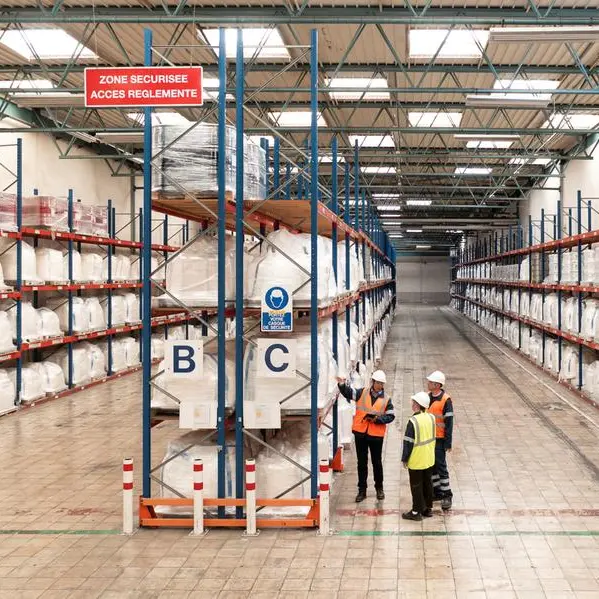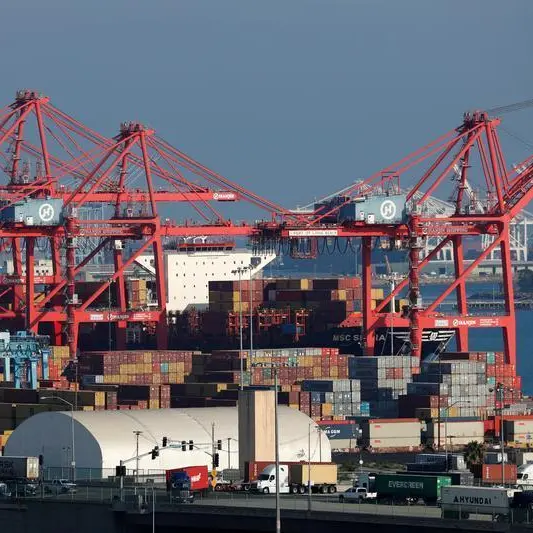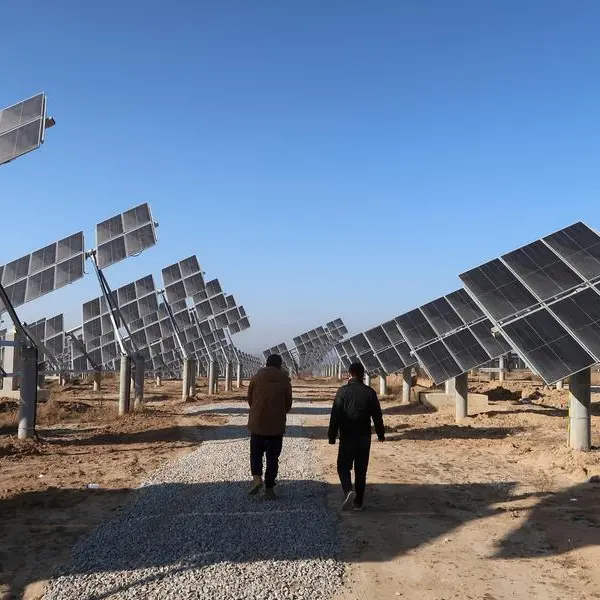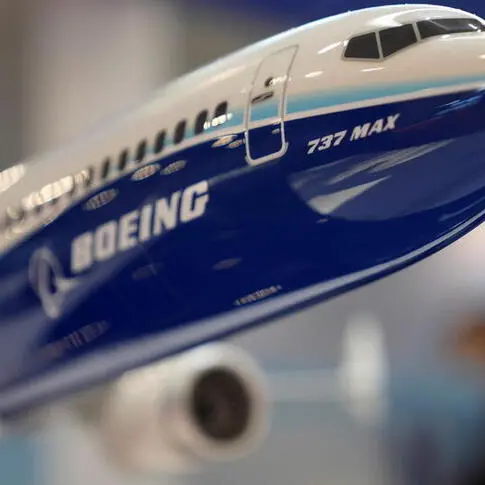PHOTO
SEATTLE - Boeing executives extended an olive branch to the company's strained supply chain this week to help them deal with the fallout of the latest 737 MAX crisis, but those firms are taking a wait-and-see attitude after years of dealing with the planemaker's hard-line approach.
The aerospace giant's shift in tone was underlined by a speech on Wednesday by Ihssane Mounir, Boeing's vice president of supply chain and fabrication, at an aerospace conference outside Seattle. "We build the airplane together. There's no you and us. It's just us," he said.
Mounir's remarks - and those of Boeing's head of supplier quality on Tuesday - were the first public addresses by Boeing to its base of more than 1,100 suppliers in the Pacific Northwest region after a Jan. 5 mid-air blowout on a Boeing 737 MAX 9 that has rocked the aerospace industry.
Multiple suppliers who spoke to Reuters on the condition of anonymity said Mounir's comments marked a shift in tone from Boeing's previous strategy for driving supply-chain efficiency and cost-reduction, exemplified by the company's notorious "Partnering for Success" initiative in the 2010s.
The initiative, which cut supply-chain costs by 15%, was unpopular with suppliers who said Boeing had profited on the backs of a squeezed industrial base. The planemaker has said in the past that the program was necessary to assure the company's long-term competitive advantage.
One supplier said this week that they were "cautiously optimistic," but added that Boeing must demonstrate its willingness to give under-pressure suppliers enough time to ensure products are properly manufactured and inspected.
Two other suppliers were skeptical, saying that Boeing would need to prove Mounir's comments were more than lip service.
Mounir's remarks marked a return by Boeing to the Pacific Northwest Aerospace Alliance conference after a two-year absence.
Boeing declined to comment.
THE 'NEW NORMAL'
Boeing is under fire from regulators and lawmakers after the MAX 9 accident near Portland, Oregon. The Federal Aviation Administration is now blocking further production increases of the company's bestselling 737 MAX. The planemaker has said it is producing 38 737s per month.
The cap on 737 MAX production hit at a time when airline demand for new planes is at an all-time high and the supply chain is still struggling with the reverberations of COVID-19 that prompted an exodus of experienced workers and led to materials shortages.
Boeing has told 737 suppliers to carry on with planned production rate hikes to try to mitigate financial distress to small and midsized businesses, many of which have hired workers and invested in new equipment.
Instead of talk about cost-cutting and speeding up production - common during the "Partnering for Success" era - Mounir repeatedly emphasized that Boeing and its supply chain must work together to ensure manufacturing standards are followed and quality is uncompromised.
Mounir acknowledged "a lot of tribal knowledge" had been lost during the pandemic, urging suppliers to join a recently launched forum where companies can share best practices.
He told suppliers to speak up and said Boeing was committed to providing assistance to vulnerable companies, including obtaining raw materials, engineering help or financial relief.
Analysts said Boeing may have no choice but to take suppliers' concerns more seriously, as the dwindling supply base leaves planemakers with few other options.
Suppliers have yet to understand that a "new normal" has emerged where they have more leverage than ever to ask for beneficial contract terms, such as long-term agreements and better inflation pricing adjustments, Morgan Stanley analyst Kristine Liwag said during the conference.
"You now have the strategic power in the relationship," she said.
(Reporting by Valerie Insinna in Seattle Editing by Matthew Lewis)
